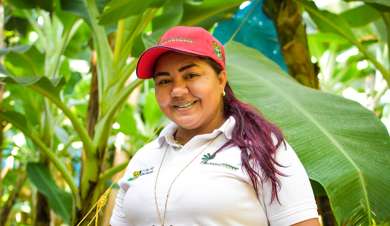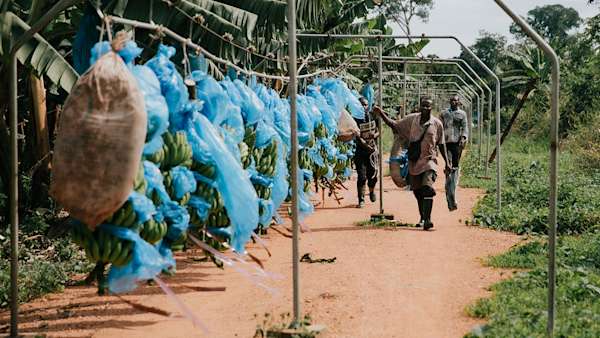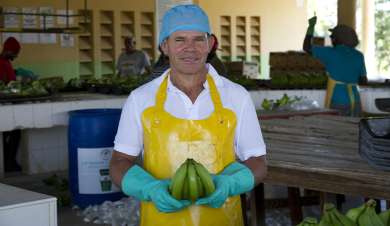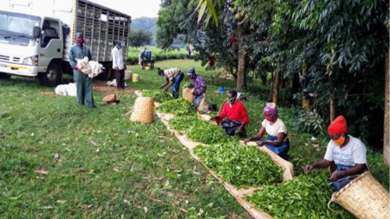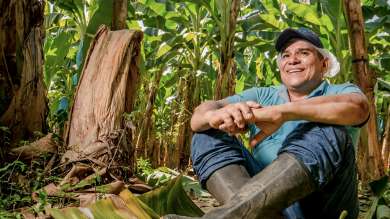The Productivity Improvement Programme (PIP) aims to improve soil health through organic production methods and the incorporation of micro-organisms and organic matter, which translates into higher fertility, a reduction of water and chemical use, increased resistance to pathogens, and ultimately higher banana farm productivity. Co-op has supported this project since 2019 and following the project’s success in the Dominican Republic, this has since been scaled up and launched in Colombia too. PIP has seen demonstrable success with average yields increasing by +36% per hectare across all countries, combined with a reduction of the costs of production, which translated into a substantial increase in farmers’ incomes. On top of this, the project contributed to the reduction of water and carbon footprints, as well as an increase in soil biodiversity and a stronger resistance of soils against diseases. So far, this project has benefitted 330 farmers and the current phase is expected to benefit a further 420 farmers. Read more here.
